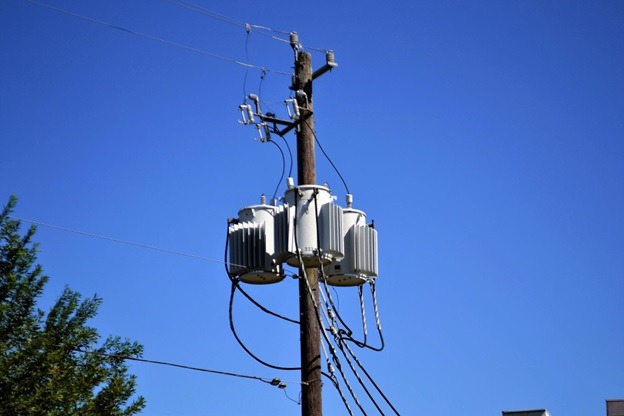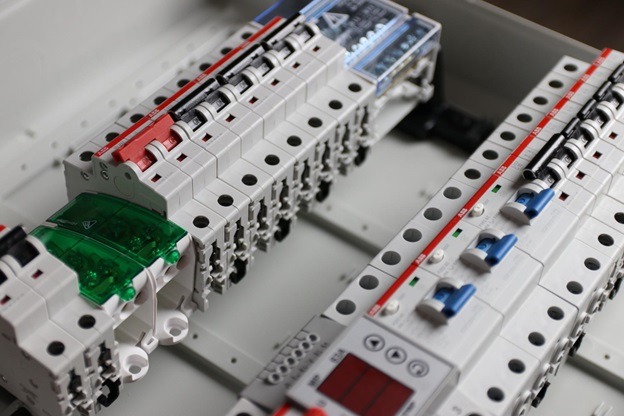Have you ever been in a situation where your power suddenly goes out? Or a few plugs or light switches don’t work? If so, it was likely due to a tripped circuit breaker. While electrical problems can be stressful, in most situations, a tripped breaker from time to time is no big deal. However, the issue gets more serious if this starts happing regularly. Keep reading to learn why your breakers may be tripping and when it’s time to hire a residential electrician for assistance.
Reasons Your Circuit Breaker May Be Tripping
When your breaker trips, it’s because the circuit that’s tied to the circuit breaker exceeds the “safe parameters.” If this happens, power may be cut to certain appliances (like those with a dedicated circuit in your home) or a loss of power in just one area of your home.
Many issues can cause breaker trips. However, some of the most common ones are listed here.
Overloads
A circuit overloading is one of the most common reasons a breaker will trip. When this happens, it means you have too many electrical devices or appliances on that breaker.
Each breaker is designed with a “safe limit,” which designates how much power it can supply to devices and appliances. When this “safe limit” is exceeded, the breaker will trip. This is commonly seen when you attempt to plug in a new appliance that your electrical system doesn’t have enough power to support. It can also occur if you plug in a high-power appliance, such as a space heater, in a location that doesn’t have access to a safe level of amperage.
Short-Circuiting
This can occur when a “hot” or active wire contacts other hot wires. An example will be if 120 hot touches a different 120 hot. Usually, you will notice blackening around the outlet or even burnt wires when this issue happens.
If there is a short circuit, or if you suspect that’s the problem, it’s a good idea to leave the outlet alone. Don’t adjust the breaker and contact an electrician immediately.
Ground Fault
A ground fault occurs when you try to “ground” your wires, and the ground fault is like a short circuit. The biggest difference is related to the interaction.
Ground faults occur when hot wires meet grounding wires. When this happens, the safe “grounding” of the outlet will become dangerous and void. It’s best to call an electrician for this issue, just like with the one above.
Appliance Failure
Appliance failure is related to overloading. That’s because a faulty, incompatible, or damaged appliance often draws more power than it is supposed to, which can cause an overload. If a breaker trips, it’s smart to check all appliances on the breaker.
If you notice that one feels hotter than it usually does, the issue may not be with the breaker or outlet but with the actual appliance. In this situation, you would need appliance repair or to replace the faulty appliance.
Storms
If lighting hits an electric cable close to your home, it may cause all your breakers to trip in a single blow. However, there are situations where it will only affect one or a few. The problem won’t last long in most cases, but if you cannot restore your power, contact an electrician for help.
Taking Care of Breaker Issues
Are you dealing with any of the issues mentioned above? If so, it may be smart to contact an electrician to evaluate your electrical system. Professionals can find the underlying issue and make sure that repairs are made before more problems arise.


